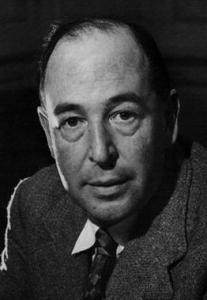By Michael Grossberg
Let’s face it: Most sequels don’t measure up to the originals. Yet, when they meet – or surpass – expectations while offering further satisfactions in their own right, sequels deserve recognition.

While quite a large number of sequel novels have been nominated for a Prometheus Award over the past 46 years, only a fraction have gone on to become Best Novel finalists. Even fewer have won the Prometheus Award for Best Novel – by my count, 10 novels, all worth reading or rereading.
That’s especially impressive, since most novels fall short in various ways, reflecting the iron law of mediocrity. As the great SF short-story writer Theodore Sturgeon put it, in what came to be called Sturgeon’s Law: “90% of everything is crap.”
Beyond the general requirements of solid storytelling, strong characters, propulsive plots and believable settings that apply to all literature, writing a sequel poses additional challenges – especially in finding and delivering the tricky balance between the fondly familiar and the excitingly fresh.
Fans of the original work tend to expect more in a sequel – more of the same pleasures they had in reading the first book, in part. Yet, whether they realize it consciously or not, fans also yearn to broaden their reading experience with new dimensions of narrative, character, setting, world-building and themes.

If you’re a lifelong SF/fantasy fan like me, you want a good novel or sequel to expand your imagination and deepen the intensity of your identification, empathy and emotion while reading it. This blog post will describe three sequel novels by Prometheus-winning writers that in my view fulfill such hopes.
Continue reading Sequels, part 4: While few sequels surpass their originals, three Prometheus Best Novel winners by Doctorow, Walton and Stephenson offer rich rewards













